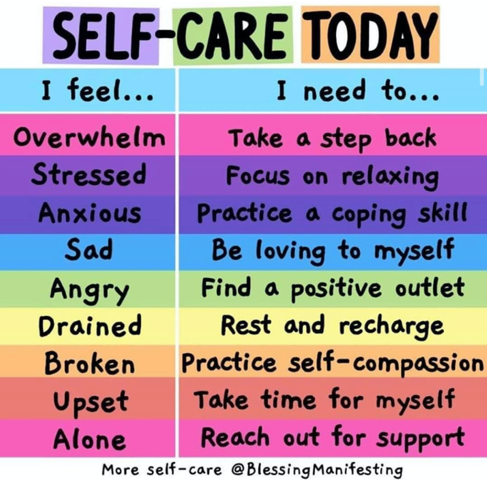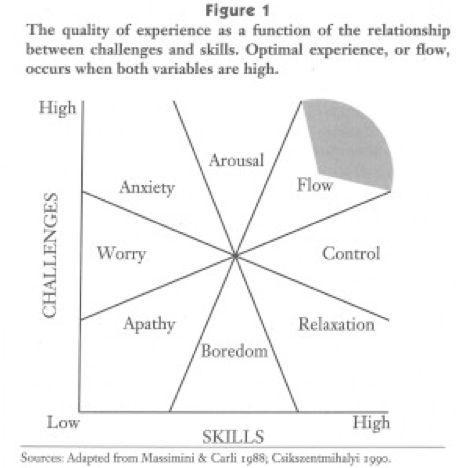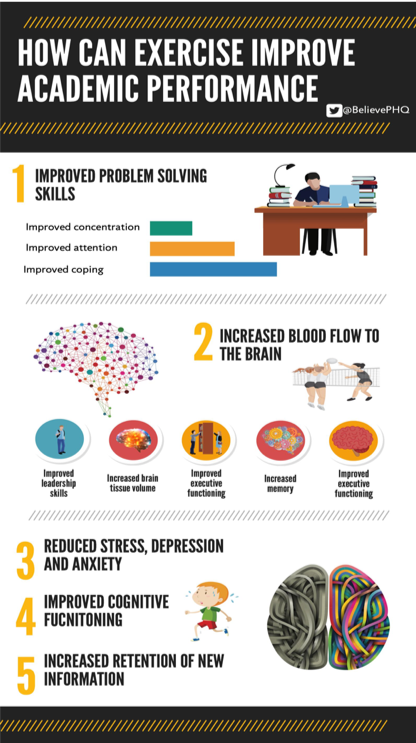Top 5 Tips for Effective eLearning for Senior School Students
Author: Stephen Hurworth
During these weeks of online learning at DCB, our very own Head of Key Stage 5, Mr Stephen Hurworth, thoughtfully compiled his top five tips for Senior School students on how to adapt to this extraordinary situation effectively.
1. Build self-care time into your daily schedule.

When planning your daily schedule, make sure to allocate time throughout the day to conduct activities that will help you step away from schoolwork. It is very easy to build your schedule and fill it with task after task. The brain, body and soul all need some time for themselves. Nothing beats starting the day with a hearty breakfast, your favourite smelling shampoo and a brush of the teeth. Throughout the day, take some time to step away from work. Allocating break times are just as important as time spent in ‘flow’. There are various wellbeing-related activities, exercises and challenges on your Key Stage’s wellbeing eLearning page on Teams, ranging from 7-day yoga videos to 14-day exercise programmes. I have recently and quite embarrassingly only just discovered the powers of mindfulness. I cannot believe what I have been missing all these years. It is never too late to start, but you must stick at it. Just like practising maths or learning a new instrument, mindfulness is a skill that must be worked on. Check out the 7-day mindfulness programme on your eLearning wellbeing page. I also strongly recommend the app, ‘Headspace’.
2. If you find your ‘flow’, don’t abandon it…

I always relate the idea of ‘flow’ to professional football. Jürgen Klopp wouldn’t substitute Mohamed Salah if he was ‘in the zone’ and about to score a hat trick. He would keep him on the pitch until he needed a break. It is exactly the same when studying. If you are in that euphoric state of complete flow, then don’t abandon it. Continue until you hit an obstacle and then take your well-deserved break. The creativity you will experience during that break will be what determines your success. According to Dr Travis Bradberry (2019), it takes a human being 15 consecutive minutes of focus before you can fully engage in a task. Once we do, we fall into a euphoric state of increased productivity called flow. Research shows that people in a flow state are five times more productive than they otherwise would be.
3. Avoid social media at all costs!

This is especially relevant to our current situation. I will hold my hands up; over the last two weeks, I have been engulfed in social media and fought some rocky psychological battles as a result of not putting the phone down and being in the moment. Bradberry (2019) explains that when you click out of your work because you get an itch to check the news, WeChat, a sport’s score, or what have you, this pulls you out of flow. This means you have to go through another 15 minutes of continuous focus to re-enter the flow state. Click in and out of your work enough times, and you can go through an entire day without experiencing flow. For all of us that are working remotely, this is going to take some serious self-control. It will be that self-control that will be the most satisfying part of your eLearning journey to know that a) you have found flow and achieved some great work and b) you can do without social media for an hour!
4. Exercise isn’t just important but it’s essential.

For those of us still in Beijing, this component of wellbeing is even more important, relevant and a needed must. Although outdoor activities are not always recommended at the moment, we must ensure blood flow is remaining constant in our daily schedule. There are plenty of indoor exercises on each Key Stage’s eLearning wellbeing page, including an indoor walking routine, muscle building exercises, yoga and weight shedding exercises. Here is the science behind it all. Firstly, in addition to priming the state of mind (studies show that children learn better immediately following exercise), exercise also influences learning directly (and permanently) at the cellular level. Exercise stimulates the production of brain-derived neurotrophic factor (BDNF), the master molecule of the learning process, which increases learning by stimulating neuron growth. Rates of learning correlate positively with enhanced levels of BDNF. Check out the five-minute TED talk on our wellbeing page that further backs up the research.
5. Crave feedback and conduct feedforward.

Feedback: Working remotely might feel strange to begin with. After all, this is new to all of us, but your teachers will be with you every step of the way. Receiving and acting on feedback is crucial to the learning process. Your teachers should initiate feedback, but you are 50% of the communication chain so be proactive. If your teachers haven’t yet done so, ask them if there can be an agreed timeline with receiving feedback. This way, you will know when to expect it and won’t be left hanging on. Your teachers will want to be a part of this eLearning journey just as much as you, so ensure that you are proactive.
Feedforward: This is a concept I have taken from d’Arcy Lunn, who worked with our student leaders in Shanghai at the start of the year. It is all good and well dwelling on the past but looking at how you will better improve on your learning is just as important. In short, when it comes to remote learning, make sure you learn from your mistakes and put plans into action. The great quote, ‘actions speak louder than words’ couldn’t be more fitting. If you don’t work well listening to techno music, then change the track!
Please check out the eLearning wellbeing page on Teams for each Key Stage for videos, challenges, exercises and activities that will hopefully enhance your wellbeing during the eLearning process. We look forward to going through the process with you all, and please keep in regular contact with me if you need help with anything. I am only an email away.








